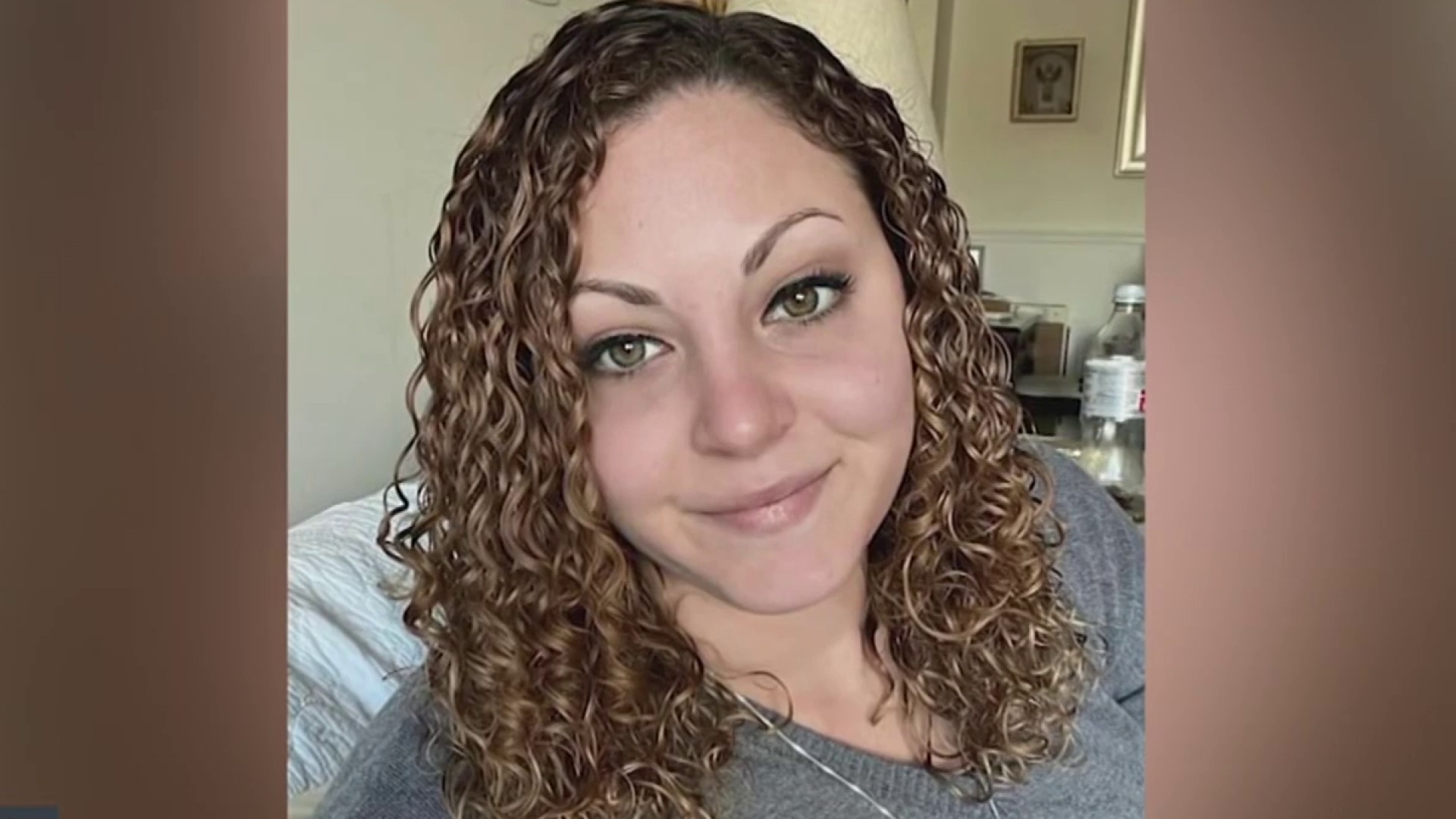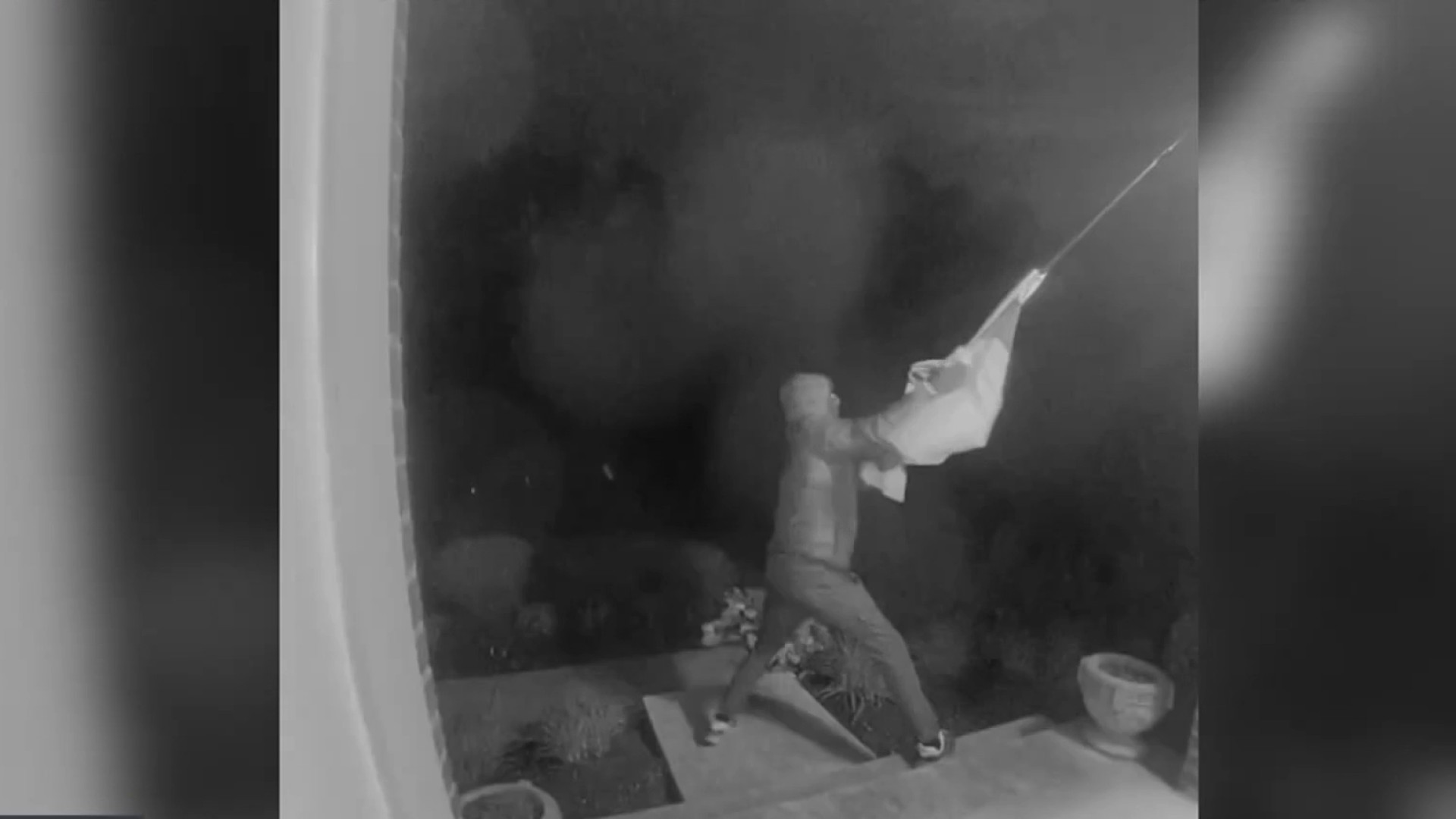News4 consumer reporter Liz Crenshaw took on everything from cameras to cherry blossoms in Friday's Ask Liz segment.
Q: What should you do if your camera or photos are still at the closed Calumet Camera shop?
A: Calumet Camera, formerly Penn Camera, has filed for bankruptcy. If you have a camera in the shop for repair, the Montgomery County Office of Consumer Protection advises that you file a complaint with its office. At this point, there is no eviction order, so the office cannot enter the store to reclaim customers' goods.
If you have an unused store credit, contact a bankruptcy attorney to see if you can file a claim as a creditor.
Q: Can your car insurance rate go up if you're involved in an accident that's not your fault?
A: Turns out the answer depends on where you live. The D.C. Department of Insurance, Securities and Banking says that an insurer cannot raise rates because of an accident unless the accident was caused by the insured party.
The Virginia Bureau of Insurance also says insurance companies can only increase your rates if you or a member of your household was at least partially at fault for an accident.
Local
Washington, D.C., Maryland and Virginia local news, events and information
But the Maryland Insurance Administration does allow a tiered rating structure for drivers, including higher rates for drivers who have made claims. So your policy can go up simply if you are involved in an accident.
Q: How did the Cherry Blossom tradition begin here in Washington?
A: The National Park Service says the cherry blossoms along the Tidal Basin came here in 1912. They were originally given as a gift of friendship to the United States from the people of Japan.
The blossoming trees proved to be a popular sight, and 23 years later that grew into the annual Cherry Blossom Festival.
Today, that tradition continues, as more than a million people are expected to make their way down to the Mall to see the nearly 4,000 trees in bloom.
Q: How is it determined that a car recall is needed?
A: The National Highway Traffic Safety Administration says that since 1966, more than 390 million cars, trucks, buses, and other vehicles have been recalled to correct safety defects. Most of the time, manufacturers voluntarily initiate these recalls, while others are ordered by NHTSA after an investigation.
Recalls are deemed necessary when a vehicle does not comply with a federal motor safety standard or when there is a safety-related defect in the vehicle or equipment.
Q: How do you check to see if the car you’re driving has ever been recalled?
There is an easy way to check this, and you should -- CarFax estimates that in 2013 in the D.C. metro area more than 150,000 used cars for sale online had an unfixed safety recall.
Go to SaferCar.gov and click on the tab called "Vehicle Owners" and search safety issues for the make and model of car you're currently driving.
That will show any recalls, investigations and complaints NHTSA has received about that particular vehicle.



